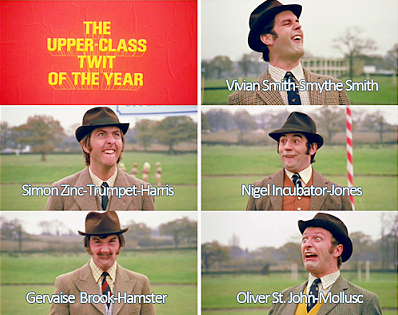For some reason, this very silly story popped into my head today. It's a small excerpt from a wacky, daffy book called Three Men in a Boat by Jerome K. Jerome. I remember "taking" this story in school, maybe in Grade 5, and thinking it was ridiculous and wonderful. I also remember listening to a CBC Radio series based on Three Men, with the theme song being a very lame polka (which I can't find, though Lord knows I've tried). The things you remember!
I don’t know how many worlds there may be in
the universe, but anyone who had brought me a spoonful of mustard at that
precise moment could have had them all. I grow reckless like that when I
want a thing and can’t get it.
But there! I daresay both Harris and I
would have tried to back out of the bargain after we had got the mustard.
One makes these extravagant offers in moments of excitement, but, of course,
when one comes to think of it, one sees how absurdly out of proportion they are
with the value of the required article. I heard a man, going up a
mountain in
We are very fond of pine-apple, all three of
us. We looked at the picture on the tin; we thought of the juice.
We smiled at one another, and Harris got a spoon ready.
Then Harris tried to open the tin with a
pocket-knife, and broke the knife and cut himself badly; and George tried a
pair of scissors, and the scissors flew up, and nearly put his eye out.
While they were dressing their wounds, I tried to make a hole in the thing with
the spiky end of the hitcher, and the hitcher slipped and jerked me out between
the boat and the bank into two feet of muddy water, and the tin rolled over,
uninjured, and broke a teacup.
Then we all got mad. We took that tin out on the bank, and Harris went up into a field and got a big sharp stone, and I went back into the boat and brought out the mast, and George held the tin and Harris held the sharp end of his stone against the top of it, and I took the mast and poised it high up in the air, and gathered up all my strength and brought it down.
It was George’s straw hat that saved his life
that day. He keeps that hat now (what is left of it), and, of a winter’s
evening, when the pipes are lit and the boys are telling stretchers about the
dangers they have passed through, George brings it down and shows it round, and
the stirring tale is told anew, with fresh exaggerations every time.
Harris got off with merely a flesh wound.
After that, I took the tin off myself, and
hammered at it with the mast till I was worn out and sick at heart, whereupon
Harris took it in hand.
We beat it out flat; we beat it back square;
we battered it into every form known to geometry—but we could not make a hole
in it. Then George went at it, and knocked it into a shape, so strange,
so weird, so unearthly in its wild hideousness, that he got frightened and
threw away the mast. Then we all three sat round it on the grass and
looked at it.
There was one great dent across the top that
had the appearance of a mocking grin, and it drove us furious, so that Harris
rushed at the thing, and caught it up, and flung it far into the middle of the
river, and as it sank we hurled our curses at it, and we got into the boat and
rowed away from the spot, and never paused till we reached Maidenhead.




.jpg)




No comments:
Post a Comment
Comments